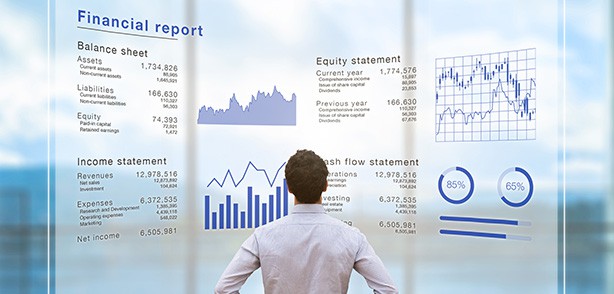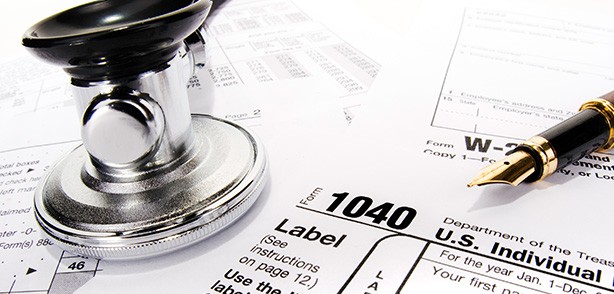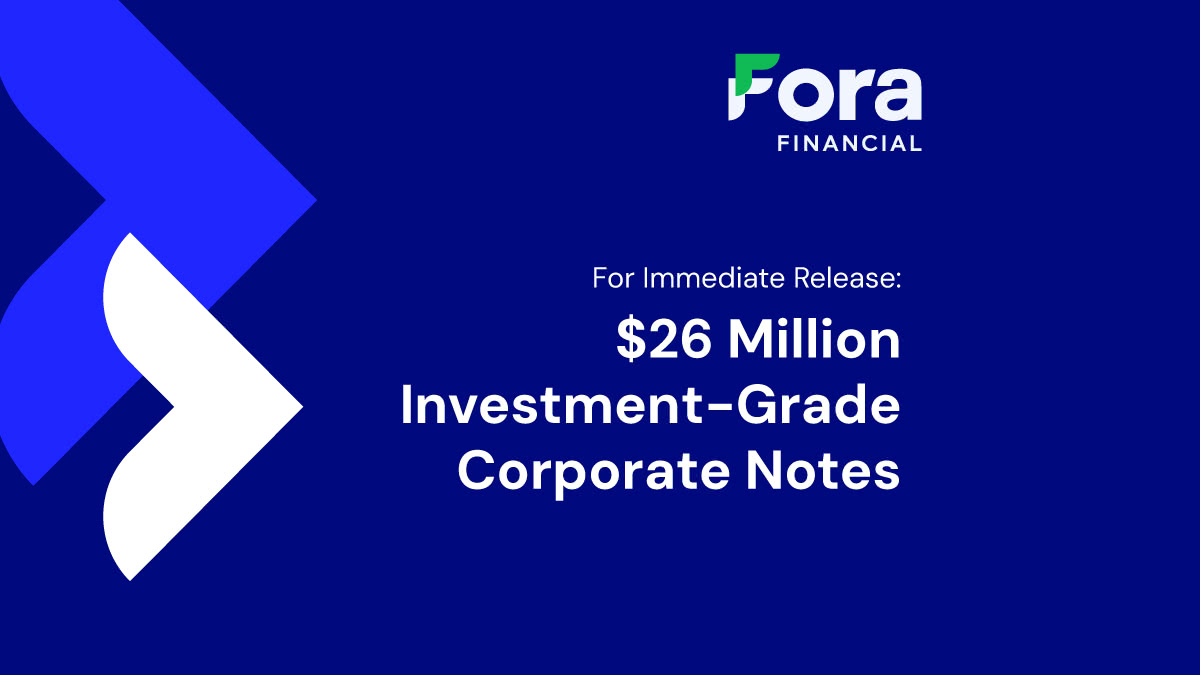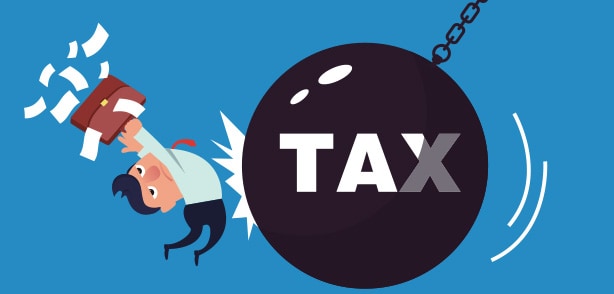The Benefits of Using a Balance Sheet As a Business Owner

One notable financial document that all business owners should utilize is a balance sheet, which can be used to monitor your business’s financial health.
Balance sheets are used internally to guide management decisions. Externally, they can be used to report your business’s financial status to lending institutions, investors, and other stakeholders.
Also known as statements of financial position, balance sheets reveal what you own (your total assets). They also show what you owe (your total liabilities) at a specific point in time. The difference — shareholders equity — is your company’s net worth.
Diligently tracking your company’s finances can help you identify potential issues before they turn into major problems. In fact, 29 percent of small businesses fail due to lack of cash flow. This is an issue that may be avoided through proper reporting.
Ultimately, a balance sheet provides the financial information you need to sustain and grow your business over time. Creating a balance sheet doesn’t need to be complicated, and its benefits can be far-reaching. Without one in place, it may be challenging to manage your small business finances and make adjustments as needed.
In this blog post, we’ll review three notable advantages of utilizing balance sheets so that your business can reap the benefits. After reading this helpful guide, you'll have a clear understanding of why utilizing a balance sheet can benefit your small business's finances, and why not having one can be detrimental.
What Are the Benefits of Balance Sheets?
1. Balance Sheets Determine Risk and Return
A balance sheet succinctly lists your business’s assets and liabilities in one place. Current and long-term assets reflect your ability to generate cash and sustain business operations.
In comparison, short and long-term debts prioritize your business’s financial obligations. Ideally, you should have more assets on your balance sheet than long term liabilities, indicating positive net worth.
Comparing your current assets to current liabilities determines whether your business can cover its short-term obligations. If your current liabilities exceed your cash balance, your business may require additional working capital from outside sources.
However, a balance sheet can also show you when your debt levels aren’t sustainable. If you have too much debt on your balance sheet, you may default on debt payments or be forced to declare bankruptcy. By using your balance sheet to identify these serious financial issues, you can avoid long-term financial problems.
2. This Report Can Be Used to Secure Business Loans and Other Types of Working Capital
Your balance sheet allows people outside of your company to quickly understand its financial condition. Most business lenders require a balance sheet to determine:
How secure the business’s financial health has been over time.
If the business owner has strong credit history.
If the business has a proven track record of repaying debts on-time.
In addition, potential investors may use it to determine where their funding will go and when they can expect repayment.
When updated over time, your balance sheet effectively shows your ability to collect payments and repay debts. Plus, it shows business loan lenders that you have a track record of managing assets and liabilities responsibly. If you apply for a small business loan, having a balance sheet will prove to lenders that you can repay your loan on-time.
3. Business Balance Sheets Provides Helpful Ratios
Ratios are often used in analyzing how a small business is performing in terms of aspects such as:
Productivity
Liquidity
Profitability
Solvency
These financial ratios are particularly helpful when assessing how sustainable the business will be the long-term. They can be determined by a company’s balance sheet accounts.
For example, your balance sheet is a snapshot that reveals your company’s overall capital structure. It can also show you how long it takes to sell inventory, in addition to the length of your accounts payable and accounts receivable process.
This information can help you identify trends and see how your company’s finances and operations compare to competitors.
Conclusion: Make Your Business's Financial Reporting a Priority!
Preparing and understanding your company’s financial statements is an important part of being a small business owner. The balance sheet is particularly helpful in that it keeps both you and your stakeholders informed of your financial standing.
Keeping this financial information updated can help you make better management decisions. In addition, it may improve your small business’s efficiency, borrowing habits, and overall financial health.
In addition to creating a balance sheet, your business may benefit from creating an income statement and cash flow statement.
Editor’s Note: This post was updated for accuracy and comprehensiveness in February 2022.
Since 2008, Fora Financial has distributed $4 billion to 55,000 businesses. Click here or call (877) 419-3568 for more information on how Fora Financial's working capital solutions can help your business thrive.







